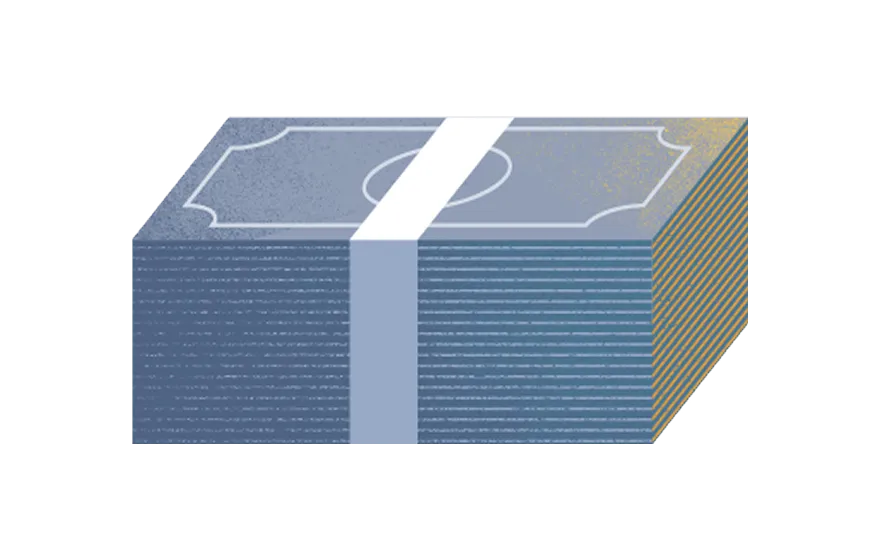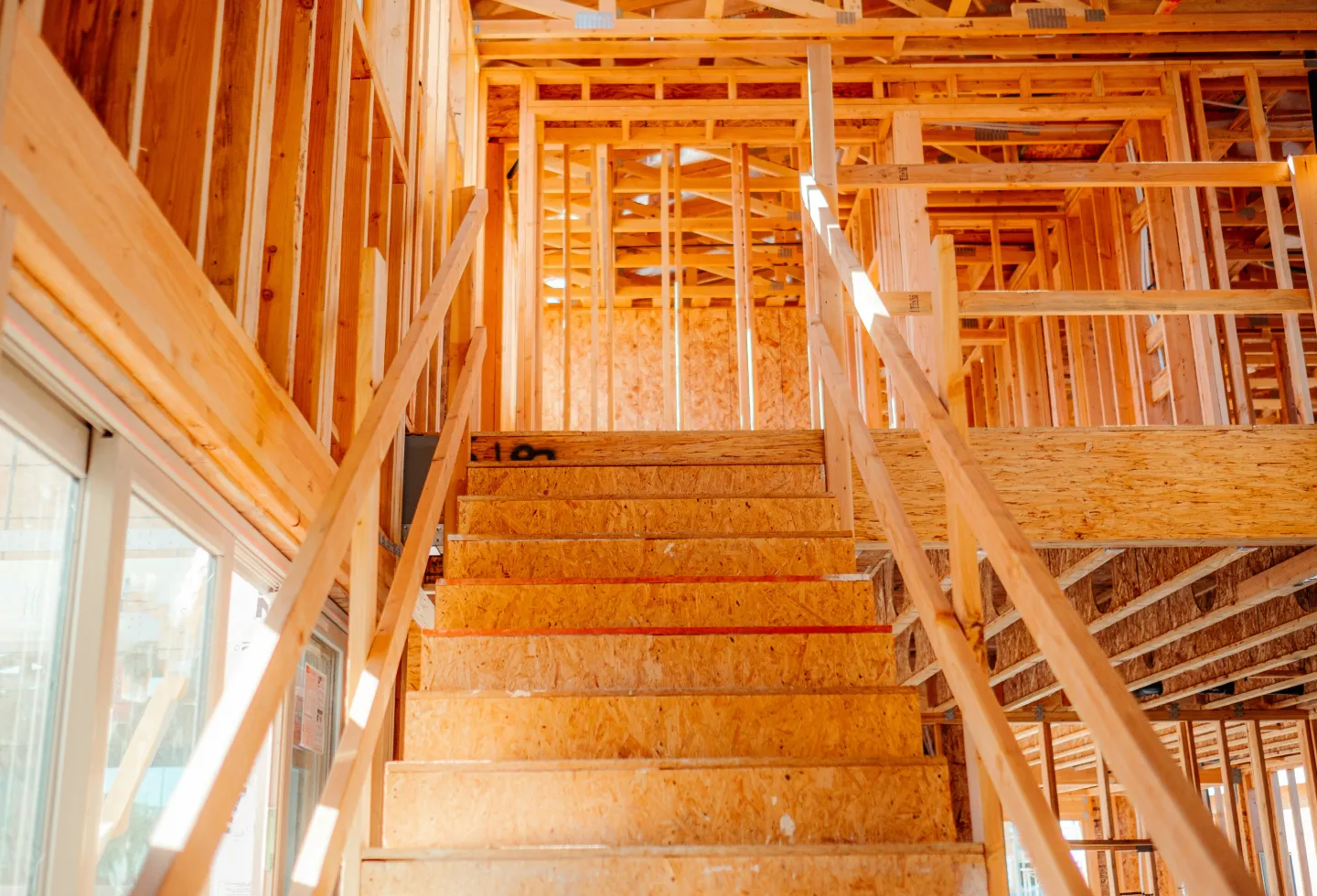If your property tax bill suddenly jumped, you may be able to lower it—before you pay a dime. Most local governments give homeowners the right to contest their assessment if they believe the value of their home is incorrect.
So if your tax bill feels unusually high, take a breath. Between the appeals process, exemptions, credits, and local tax relief programs, there are several ways to bring your property taxes down.
Understanding what makes up your tax bill
Your tax assessment, the bill you get in the mail, has a few components:
- Your personal information, like your name, address, and property type
- The assessed value of your home
- Exemptions or credits
- Your local tax rate
- A breakdown of school, county, and miscellaneous property tax rates
- The total amount you owe for the current tax year
- Information on how to pay your bill or how to appeal it
Always read your assessment carefully so you understand what’s changed from prior years, what new taxes might be included, and how much time you have to either appeal or pay your bill.

8 tips for lowering your property taxes
Data from Cotality showed that nationwide, property owners have seen their taxes increase 27% from 2019 to 2024. Here are some tips for lowering your property tax burden if you’ve been affected by the recent increases.
Review your property tax card
The first step is to review your property tax card. You can find this at your local tax assessor’s office. Carefully go through the numbers and information about your home. Check for mistakes, such as incorrect square footage, a wrong number of bedrooms, or a misclassification of your property. All of these issues can result in a higher-than-expected property tax bill.
If you notice mistakes, contact your local tax assessor and request corrections if needed. Human errors can occur, and if there is a mistake on your property tax card, this is the most straightforward way to correct it and potentially lower your property tax bill.
Keep curb appeal modest before an assessment
The next tip for lowering your property tax bill is to find out exactly when your city assesses your home's value. Don’t make too many upgrades before this date. For example, having lavish landscaping or adding high-end finishes to your curb might give the appearance that your entire house has high-end finishes.
Of course, it’s always a good idea to take care of and maintain your home. However, luxury, over-the-top upgrades can do more harm than good when it comes to your property tax bill.
Allow the assessor access to your home
If an assessor comes to your home but is unable to view it, they typically assign the highest value possible. That's why it's important to allow an assessor access to your home. That way, they can view your home as it truly is. Be present while the assessor walks around so that you can answer any questions.
You can also use this time to point out areas that need maintenance, flaws in the home that require updating, and anything else that might impact the assessor's assigned value for the house.
Avoid over-improving your home
Renovating your home can increase your home’s value, but it can also increase your property taxes. If you over-improve or make luxury upgrades beyond what’s typical in your neighborhood, you might see a big jump on your next tax bill.
Before making renovations, consult with your local government office to determine how upgrades will impact your home’s property tax assessment. Another idea is to research if there are any improvements you can make that qualify for credits or rebates. Some local governments offer credits for energy-efficient upgrades, but these programs vary by your location.
File an appeal if your assessment seems too high.
If your bill doesn’t reflect the true condition or market value of your home, you can appeal it.
- Gather evidence such as:
- Recent comparable home sales
- Photos of needed repairs
- Records of improvements you’ve made
Clear, compelling information can help show that your home’s value has been overstated.
Apply for exemptions and credits
Another way to lower your property taxes is to see if you qualify for any exemptions or credits. For example, many states offer a homestead exemption on your primary residence, veterans' exemptions, and senior exemptions for those who are 65 or older.
According to Realtor.com, 16 states exempt senior citizens from paying property taxes. And, 18 more states have tax credits, tax exemptions, property tax freezes, or other ways to reduce property taxes for seniors. Some other exemptions or credits might apply if you are a veteran, have a disability, or have a fixed income living on Social Security.
Check your local government’s website for a full list of programs and eligibility rules.
Look into local tax relief programs
Depending on your age, income, and other factors, you may qualify for income-based property tax relief programs from your local government. Some local municipalities also offer installment plans and payment deferrals for seniors. Some counties have hardship programs if you’re facing a temporary financial setback.
If you need financial assistance and can’t meet your property tax obligations, being proactive by calling your local county office can help you learn about the options available to you.
Consider professional help
If you’re having trouble lowering your property bill on your own or your property bill has errors on it that you can’t resolve on your own, consult a professional. A real estate attorney, certified appraiser, or tax consultant can help advise you on the next steps.
Keep in mind that hiring an attorney or consultant comes with its own fees, so hiring a professional is only worthwhile if your tax bill is much higher than it should be or the cost of their services is worth the potential tax savings in the future.

Final thoughts
Lowering your property tax bill is possible, but it takes a bit of effort. Assessments are not set in stone, and many homeowners successfully appeal them each year. Whether an appeal works for you will depend on your local market, how your home compares to others, and the strength of your evidence.
Still, if you believe your home has been overvalued, it’s worth taking action. A successful appeal—or the right exemption—could save you hundreds or even thousands of dollars each year.
No income? No problem. Get a home equity solution that works for more people.
Prequalify in 60 seconds with no need for perfect credit.
Show me my offer
Frequently asked questions
.png)
Thank you for subscribing!
.webp)















